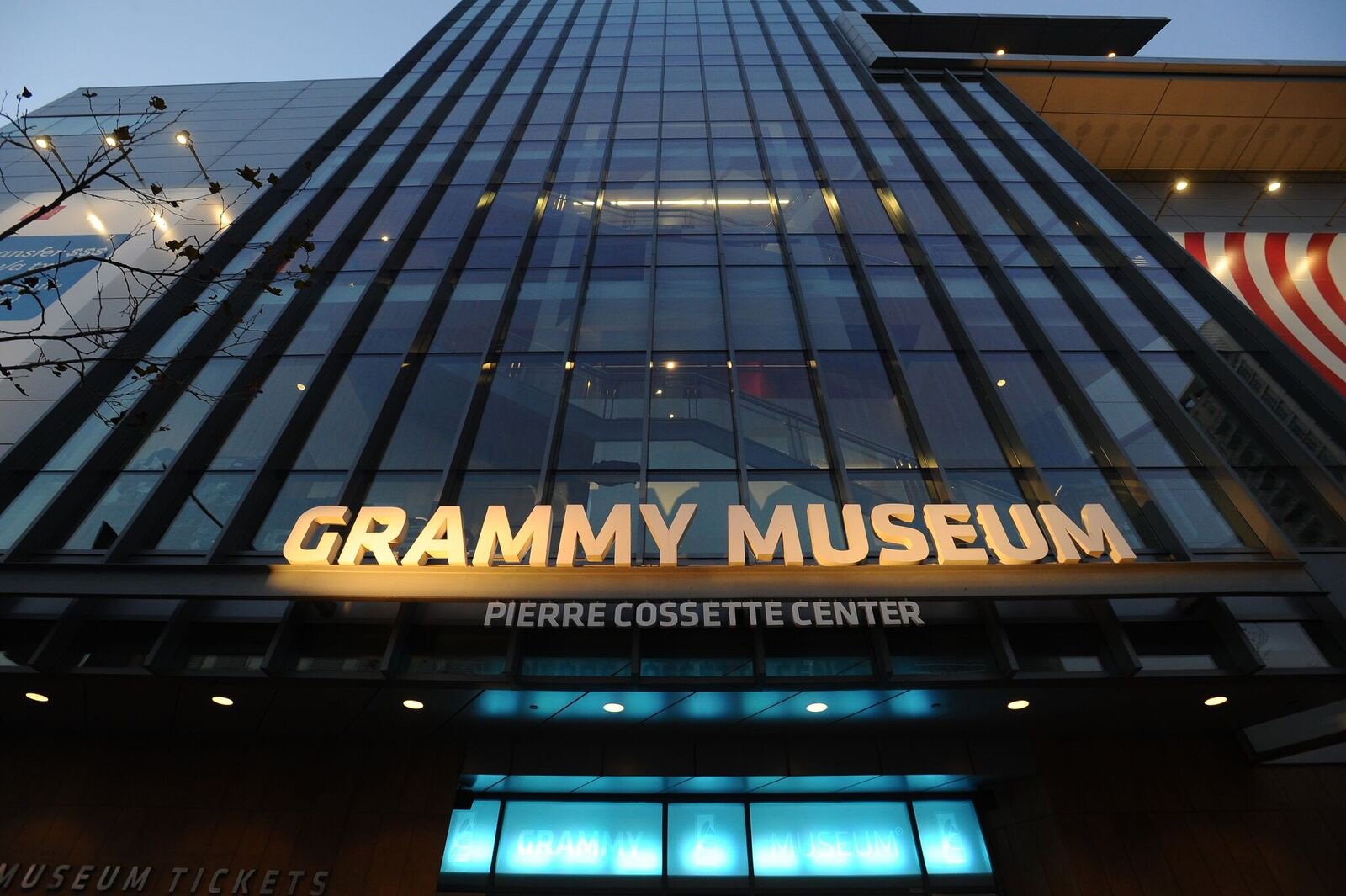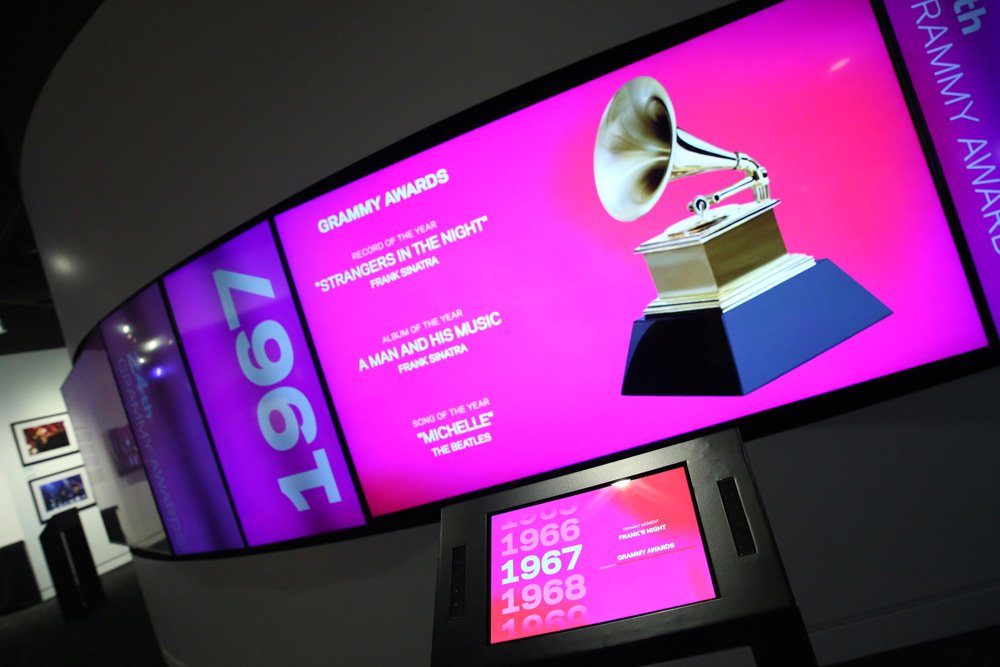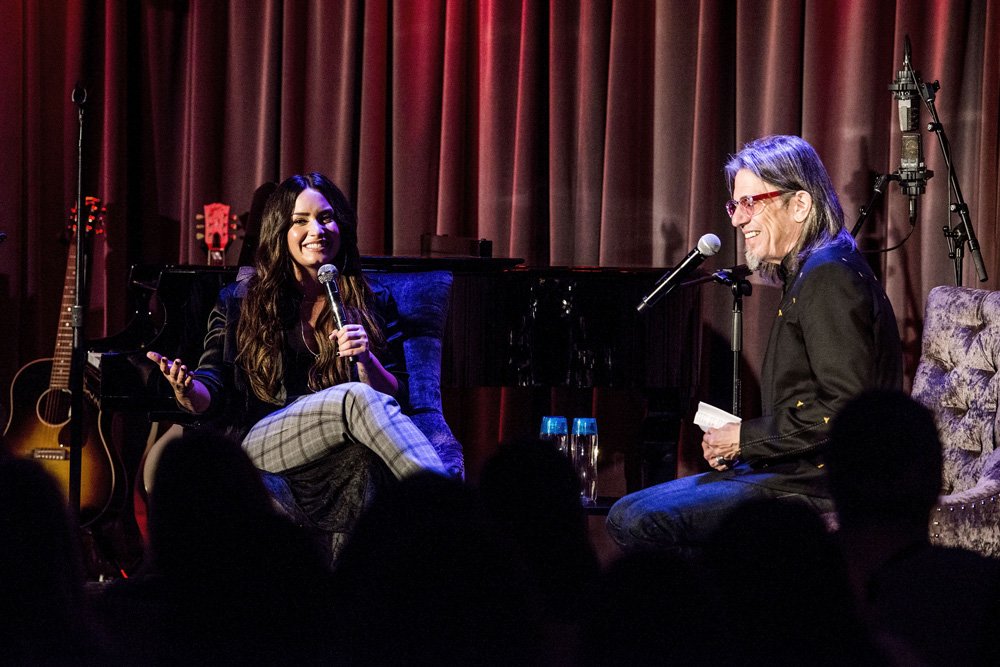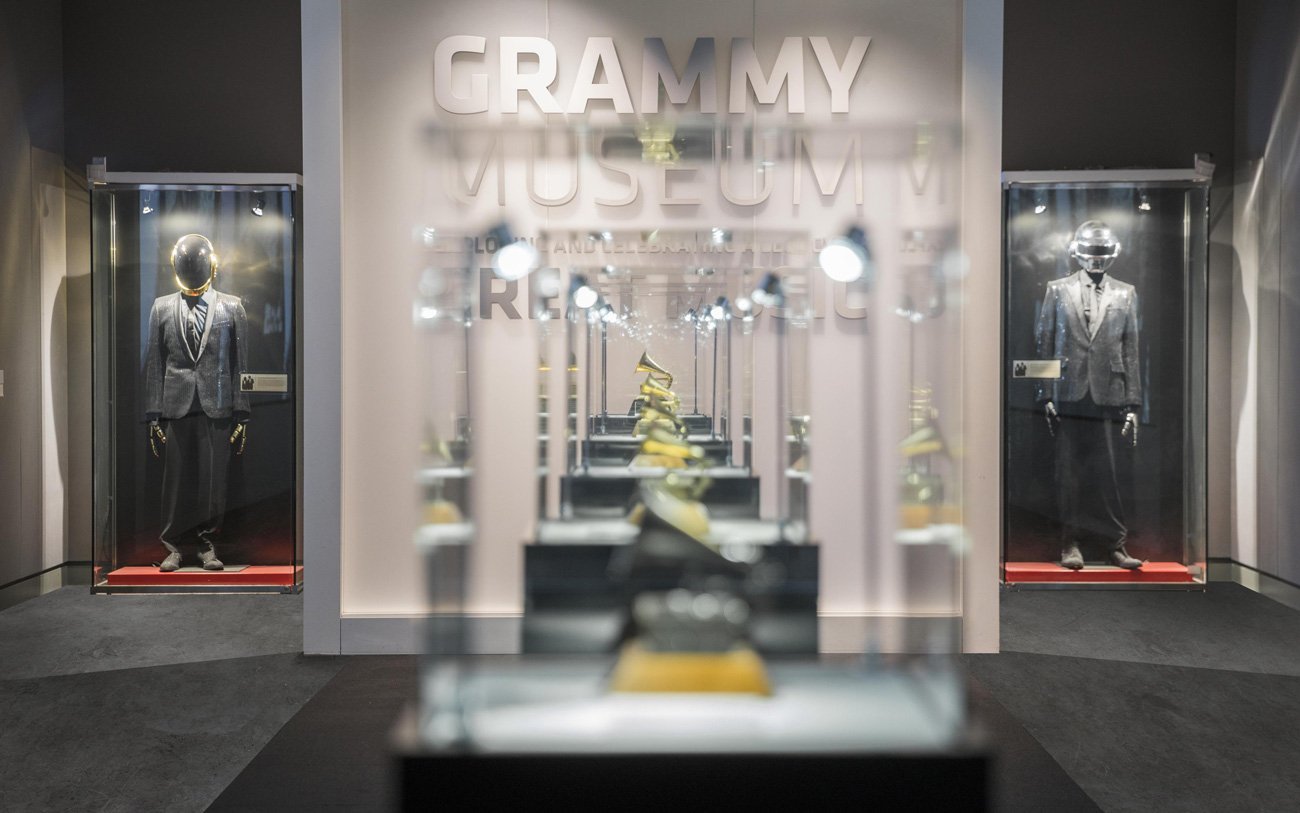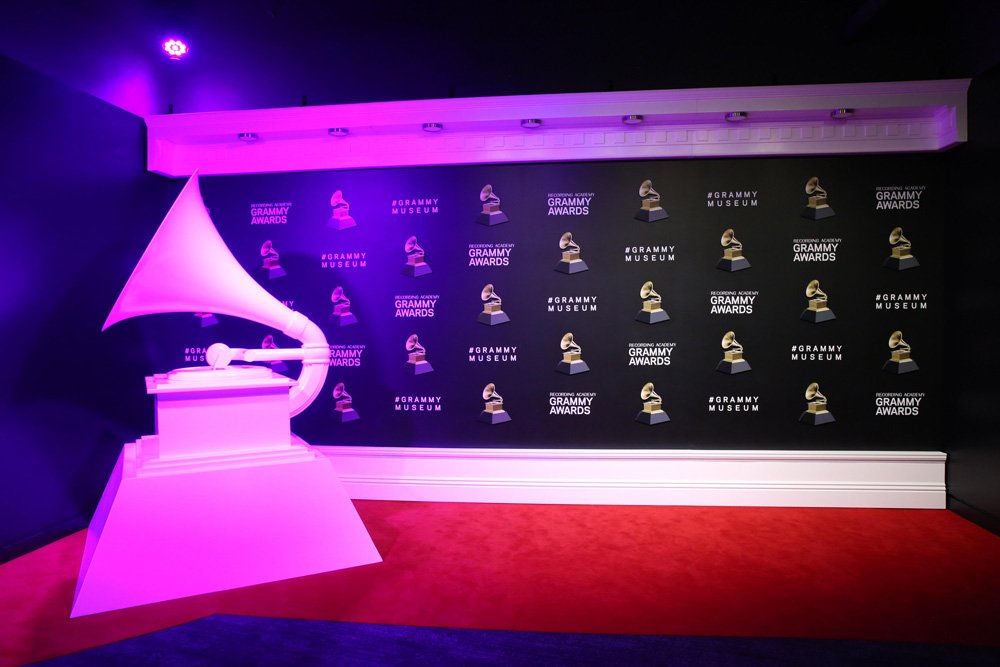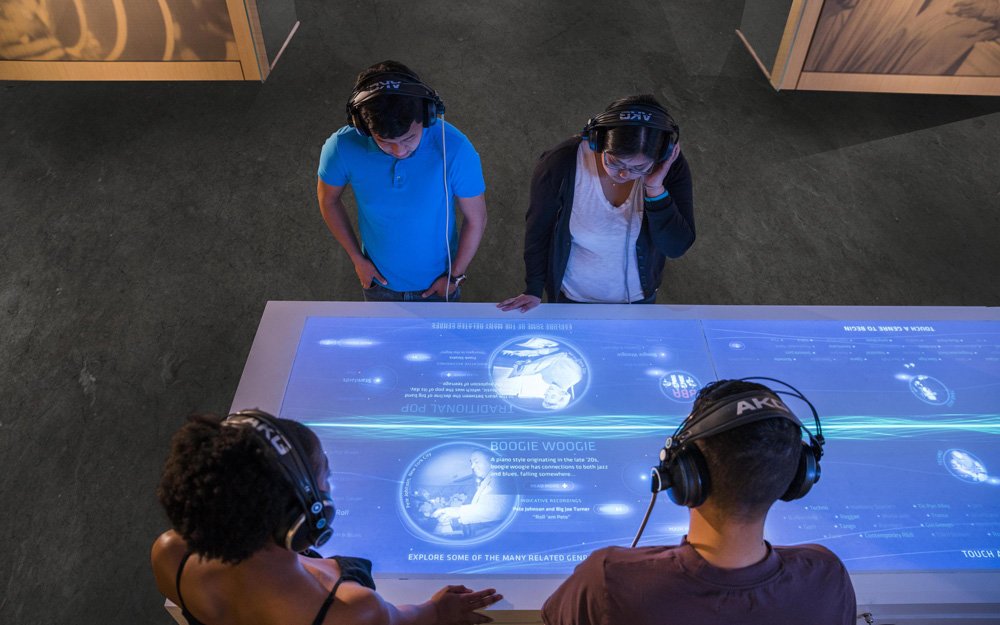The GRAMMY Museum believes that music is a gateway to learning. Their mission is to explore and celebrate the enduring legacies of the creative process behind all forms of music through immersive and interactive exhibits and essential music education programs. Michael Sticka serves as President/CEO. He’s responsible for the creation of the Museum's growth and sustainability as an independent nonprofit arts organization, overseeing the Museum Foundation™’s national programming, including GRAMMY In The Schools®, grants for music research and preservation and national affiliates. Their many projects include the multimillion-dollar renovation of the Museum in downtown Los Angeles, building the only gallery dedicated to Latin music in California; GRAMMY Museum at Home, a collection of virtual exhibits, artist programs and educational content available free to educators and music lovers worldwide; and their official streaming service COLLECTION:live™. An advocate for accessibility, the GRAMMY Museum became the only museum named as a Certified Autism Center™ in California.
Prior to joining the Academy, Sticka consulted for nonprofit organizations and co-founded the Zoot Theatre Company in Dayton, Ohio.
MICHAEL STICKA
It's actually right in our mission statement that “we celebrate the music of yesterday and today to inspire the music of tomorrow.” And we do it through our exhibits. We have 35,000 square feet of galleries. We travel exhibits, really, all over the world over the world for the past 15 years. And through our education programs, we really focus on the next generation of music's creators and leaders. We do that through really specific curricula that is designed to educate particularly young people, K-12, about the business of music, especially for those who want to go into the industry.
*
Music education is the core of our mission. So that's why we don't just focus on education in Los Angeles, although that's a big piece of what we do. Music is everywhere. So Los Angeles, of course, is a major music center, but music is everywhere. And so we feel to the extent possible that we need to scale our education programs to as many cities as possible.
So what do we do? We have our signature school programming, which provides needed grants to public schools for music education, particularly purchasing instruments or anything else they may need for the learning experience. We have our Summer Session, which we just actually did in New York for the first time a couple of weeks ago as our Songwriting Camp.
We have Career Day. Think about it. There are musicians in cities all over the country. So how do we use our relationships to connect professionals with students and schools throughout the country? The most exciting part is the ability to take our education programming and bring it to towns that aren't the Los Angeleses, New York, or Nashvilles - where they're epicenters of music - but we bring our brand, resources, connections, and relationships to cities that have just as robust of a music scene or students that want to be a part of the industry.
*
It's one of our more popular experiences at the GRAMMY Museum. We have something called Mono to Immersive, which actually takes a Bruno Mars and Cardi B performance at the GRAMMY Awards, and we put guests/listeners into a room, and they watch this performance. And we had Grammy-winning engineers mix these performances. What would that Bruno Mars and Cardi B performance sound like if it were mono sound - so records, wax cylinder? Think about that. And then what about on cassette? And then what about on MP3? And then now on streaming? And then what we call immersive, which is surround sound? So we really try to walk visitors through the history of recorded sound and how much technology has changed, not just the recording process, but the listening experience as well.
Images Courtesy of the Recording Academy® / Getty Images © 2020
I think music has changed the world. I think if you look at most social movements that have challenged the status quo and challenged even just the establishment at the time, there's been a soundtrack to those movements. And I think that is what maintains and fosters the movement and fosters the people to get behind it. So there's no question that music can change the world. It already has.
I think the arts are critically important. They help us understand how to be more inclusive. They help us understand how to interpret in a different way. And I think those two characteristics/understandings are critically important for everything else, for all the other STEM-related subjects because it's not just about entertainment.
It's really about, I think, the human condition. And I think arts are what provide for that. So I would just say, certainly, if you have the opportunity, if you're a student - even if it's not a part of the required curriculum - if there's an art class, whether it's pottery or music or acting or whatever the case may be, sign up for it because it gives us a different perspective, not just on our educational journey, but just in life in general.
This interview was conducted by Mia Funk and Mira Patla with the participation of collaborating universities and students. Associate Interviews Producer on this podcast was Mira Patla. Digital Media Coordinators are Jacob A. Preisler and Megan Hegenbarth.
Mia Funk is an artist, interviewer and founder of The Creative Process & One Planet Podcast (Conversations about Climate Change & Environmental Solutions).




